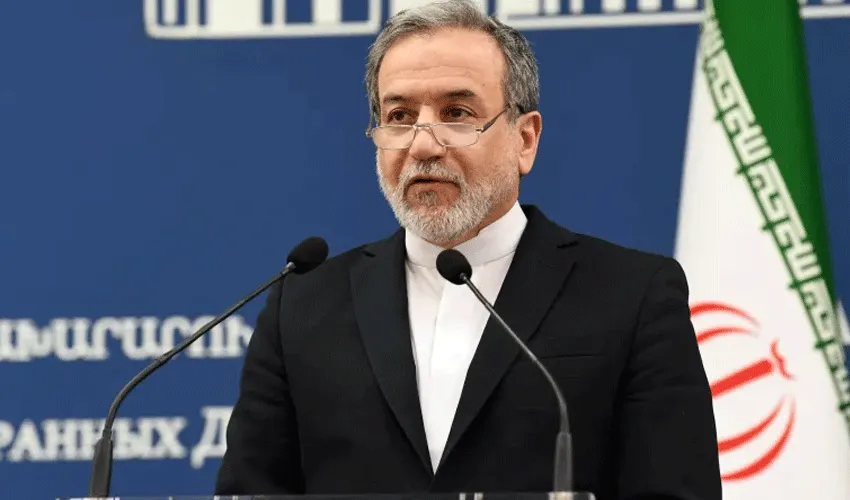Iran’s nuclear standoff: Defiance or diplomatic leverage?
In a surprising twist, Iran’s foreign minister Abbas Araghchi declared on Sunday that Tehran’s cooperation with the UN’s International Atomic Energy Agency (IAEA) is “no longer relevant” following the endorsement of international sanctions by European powers.
“The Cairo agreement is no longer relevant for our cooperation with the IAEA,” Araghchi said, referring to a deal signed last month that aimed to restore monitoring and inspections of Iran’s nuclear facilities.
That framework was finalised after Iran stopped cooperation in June, following Israeli and U.S. attacks on its nuclear and military sites.
Britain, France, and Germany accuse Iran of violation
The statement came days after Britain, France, and Germany invoked the snapback mechanism under the 2015 Joint Comprehensive Plan of Action (JCPOA) — reimposing UN sanctions against Iran.
The three nations accused Tehran of violating its nuclear commitments, a charge Iran strongly rejects.
Also read: Iran Nuclear Deal: Iran ‘will not cross red lines’, says Iranian FM
“The three European countries thought they had leverage in their hands, threatening to implement a snapback,” Araghchi told diplomats in Tehran.
“Now they have used this lever and seen the results. They have definitely diminished their role and almost eliminated the justification for negotiations with them.”
Contrasting principles of IAEA
Iran has blamed the IAEA for applying double standards and failing to denounce repeated Israeli strikes on Iranian nuclear facilities, despite its obligations under the Nuclear Non-Proliferation Treaty (NPT).
Western governments, led by the United States and backed by Israel, have long claimed that Iran seeks to develop nuclear weapons — allegations Tehran has consistently denied.
Iranian officials insist their nuclear programme is entirely civilian, highlighting their legal right to enrich uranium under the NPT.
Some Iranian lawmakers have called for the country to withdraw from the NPT altogether in response to what they describe as Western hypocrisy. However, President Masoud Pezeshkian has reaffirmed that Iran remains committed to its treaty obligations for now.
Also read: Iran says nuclear deal still possible
Araghchi hinted that Tehran’s final decision on future cooperation with the IAEA will be announced soon but left open the possibility of renewed diplomacy, saying, “There is still room for diplomacy.”
Attempts to restart broader nuclear negotiations between Tehran and Washington, which began in April, ended after Israeli attacks in June targeted Iranian nuclear, military, and residential facilities.
Iran criticised the U.S. for sabotaging diplomacy and demanded security guarantees and recognition of its right to peaceful nuclear development before any future talks.
Defiance or diplomatic leverage?
Experts believe Iran’s decision to end IAEA cooperation is both defiance and diplomatic leverage. It’s a defiance because it shows iran’s historical resistance against the imperial power and its uncooperative position against international pressure. However, some political experts believe it’s Iran’s strategic move to gain negotiating power or concessions and to get better terms in future talks.
